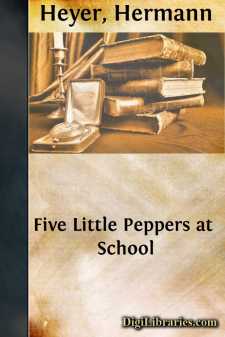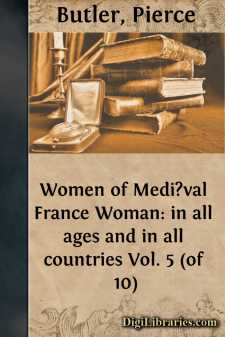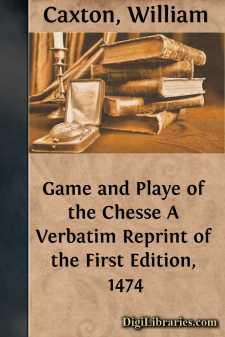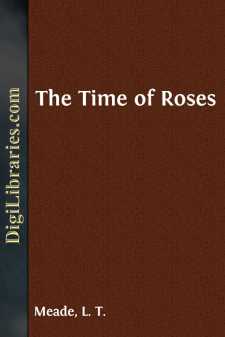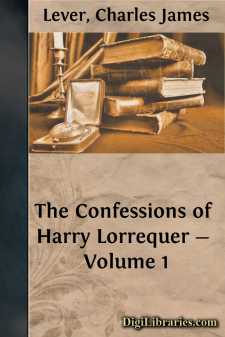Categories
- Antiques & Collectibles 13
- Architecture 36
- Art 48
- Bibles 22
- Biography & Autobiography 813
- Body, Mind & Spirit 142
- Business & Economics 28
- Children's Books 15
- Children's Fiction 12
- Computers 4
- Cooking 94
- Crafts & Hobbies 4
- Drama 346
- Education 46
- Family & Relationships 57
- Fiction 11829
- Games 19
- Gardening 17
- Health & Fitness 34
- History 1377
- House & Home 1
- Humor 147
- Juvenile Fiction 1873
- Juvenile Nonfiction 202
- Language Arts & Disciplines 88
- Law 16
- Literary Collections 686
- Literary Criticism 179
- Mathematics 13
- Medical 41
- Music 40
- Nature 179
- Non-Classifiable 1768
- Performing Arts 7
- Periodicals 1453
- Philosophy 64
- Photography 2
- Poetry 896
- Political Science 203
- Psychology 42
- Reference 154
- Religion 513
- Science 126
- Self-Help 84
- Social Science 81
- Sports & Recreation 34
- Study Aids 3
- Technology & Engineering 59
- Transportation 23
- Travel 463
- True Crime 29
Sort by:
by:
John Ager
1. The Lord, speaking in the presence of His disciples of the consummation of the age, which is the final period of the church,{1} says, near the end of what He foretells about its successive states in respect to love and faith:{2} Immediately after the tribulation of those days the sun shall be darkened, and the moon shall not give her light, and the stars shall fall from heaven, and the powers of the...
more...
CHAPTER I It was the Pageant of the Prophets which gave Jerry Paxton his first chance. There were several links in the primrose chain of fortune which led him from the first opportunity to the last. The first and most important may be said to have been Mrs. Abercrombie Brendon, who opened her house for a portrait exhibition. She had an eye for men as well as for art, so when handsome Jerry appeared,...
more...
by:
Hermann Heyer
Five Little Peppers at School I HARD TIMES FOR JOEL “Come on, Pepper.” One of the boys rushed down the dormitory hall, giving a bang on Joel's door as he passed. “All right,” said Joel a bit crossly, “I'm coming.” “Last bell,” came back on the wind. Joel threw his tennis racket on the bed, and scowled. Just then a flaxen head peeped in, and two big eyes stared at him....
more...
by:
Pierce Butler
CHAPTER I In the older conception, history was a record chiefly of battles, of intrigues, of wicked deeds; it was true that the evil that men did lived after them; at least, the even tenor of their ways was passed over without notice by the chroniclers, and only a salient point, a great battle or a great crime, attracted attention. If little but deeds of violence is recorded about men, still less...
more...
by:
William Caxton
The readers of the "Antiquary" will remember the anecdote told with so much effusion by Jonathan Oldbuck. '"Davy Wilson," he said, "commonly called Snuffy Davy, from his inveterate addiction to black rappee, was the very prince of scouts for searching blind alleys, cellars, and stalls, for rare volumes. He had the scent of a slow-hound, sir, and the snap of a bull-dog. He would...
more...
by:
L. T. Meade
HOME AT LAST. It was on a summer's evening early in the month of August that the little Mummy was once again seen on the platform at Dawlish. She looked now very much like she did when we saw her of yore—slightly broadened, it is true, by the added years, but she still wore somewhat rusty widow's black, and her face still had that half-anxious, half-comical expression, which made people...
more...
by:
Herbert Carter
CHAPTER I.AFLOAT ON THE WINDING AROOSTOOK. “I tell you, Bumpus Hawtree, I can do it as easy as turn my hand over, once I get the hang of the thing!” “Oh! you don’t say so, Giraffe? Here you’ve been trying for these three days past, with your silly old bow and stick, twirling away like an organ grinder; and never so much as struck a single spark of fire yet.” “Well, you see, there are a...
more...
CHAPTER I.INTRODUCTORY. Why this Treatise does not contain all Knowledge.—Attention of Scientific Men attracted to Drainage.—Lieutenant Maury's Suggestions.—Ralph Waldo Emerson's Views.—Opinions of J. H. Klippart, Esq.; of Professor Mapes; B. P. Johnston, Esq.; Governor Wright, Mr. Custis, &c.—Prejudice against what is English.—Acknowledgements to our Friends at Home and...
more...
Dear Public, When first I set about recording the scenes which occupy these pages, I had no intention of continuing them, except in such stray and scattered fragments as the columns of a Magazine (FOOTNOTE: The Dublin University Magazine.) permit of; and when at length I discovered that some interest had attached not only to the adventures, but to their narrator, I would gladly have retired with my...
more...
by:
Anonymous
A VISION.vision came! It was not in the hourOf sleep; but when the unresisted powerOf magic Fancy, threw, with full control,Her half prophetic mantle o’er the soul.The place was thron’d like Britain’s royal halls,And her proud navy deck’d the tap’stried walls.Statesmen and heroes grac’d the pictur’d scene;Fathers who were what since their sons have been;And some whose laurell’d brows...
more...




